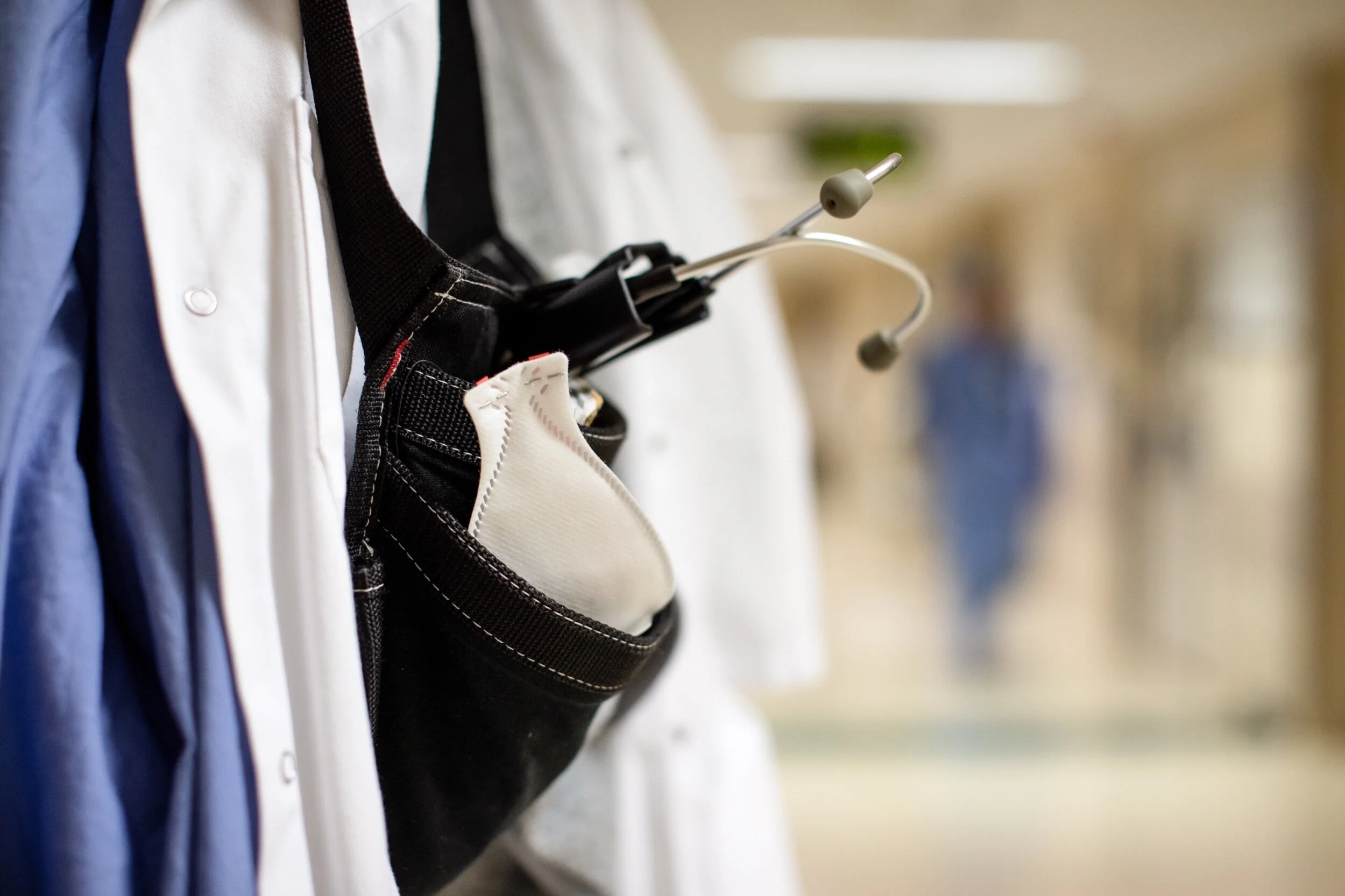Mayo Clinic seeks federal approval for at-home Covid test
After quickly rolling out a series of Covid-19 tests at the onset of the pandemic, Mayo Clinic Laboratories announced the successful development of two new tests Monday afternoon — one designed to test asymptomatic people who want peace of mind, and the other to save lives after a Covid-positive patient has already been admitted to the hospital.
Dr. William Morice, president of Mayo Clinic Laboratories, announced the new tests in a virtual press conference with reporters Monday afternoon. The first is a mid-turbinate nasal swab test — meaning that the swab does not go as far into the nostril as the common nasopharyngeal test. The new type of swab will also allow people to collect their own samples at home, instead of going to a testing facility.
“Not only is it more convenient for the individual, it also prevents them from going outside of the home and potentially exposing others to Covid, if they do have it,” said Dr. Morice. “There’s great benefit in at-home testing, both for the individual and the greater health care system.”
Dr. Morice said Mayo Clinic is working with the FDA to earn approval for home self-collection. If approved, patients would take their own swabs and send the specimen via mail to the lab — unlike the Lucira at-home test that made headlines last week, which promises rapid results without having to send a specimen anywhere.
While there are shortcomings to all mid-turbinate tests — crucially, they are more likely to provide false negatives than the standard nasopharyngeal test — Dr. Morice said the potential benefits to at-home testing could be immense, especially to more easily identify potential asymptomatic cases.
“Fifty to 80 percent of the transmission of this virus is spread through asymptomatic cases,” said Dr. Morice. “So at-home testing could be even more effective in terms of preventing spread, by letting people know they have it, even if they weren’t aware of it.”
If approved, Mayo Clinic would be able to 3D-print its own testing kits and send them to patients. A timeline on the rollout of this test won’t be known until the FDA gives the test its approval.
The second test, according to Dr. Morice, is a blood test designed for patients already hospitalized with Covid-19. The test checks the blood for markers of inflammation — a “worrisome sign” for development of more serious symptoms.
“It’s basically a blood test to check the patient’s immune response,” said Dr. Morice. “With this, we can see if the patient is at risk of getting really sick — and if they are, we can intervene early.”
Dr. Morice said the blood test is a brand new addition to Mayo Clinic’s arsenal, getting final approval no more than two weeks ago — just in time to deal with the massive spike in cases currently gripping the Rochester area.
The timeline of development for both tests, he says, has been remarkable.
“Typically, it takes us a year to 18 months to develop a new test,” said Dr. Morice. “We developed these tests in six to eight months, and they’re just coming on line now.”
With test processing capacity at Mayo Clinic Laboratories reaching 20,000 tests per day, Dr. Morice says Covid-19 testing will remain a major factor in controlling the pandemic through at least the next 12 months. The “next frontier” on the testing front, he says, will be in development of “lateral flow” Covid-19 tests — an even less invasive diagnostic that uses the same science behind a pregnancy test.
“Going into 2021, ideally what we’ll see are much more of these rapid-care tests, which are then backed up by lab capacity — understanding that those tests may have some performance differences from the gold standard,” said Dr. Morice. “We need to understand what they can and can’t do. If we do, then they’ll become a big part of our testing paradigm.”
Isaac Jahns is a Rochester native and a 2019 graduate of the Missouri School of Journalism. He reports on politics, business and music for Med City Beat.
Cover photo courtesy Mayo Clinic Laboratories








